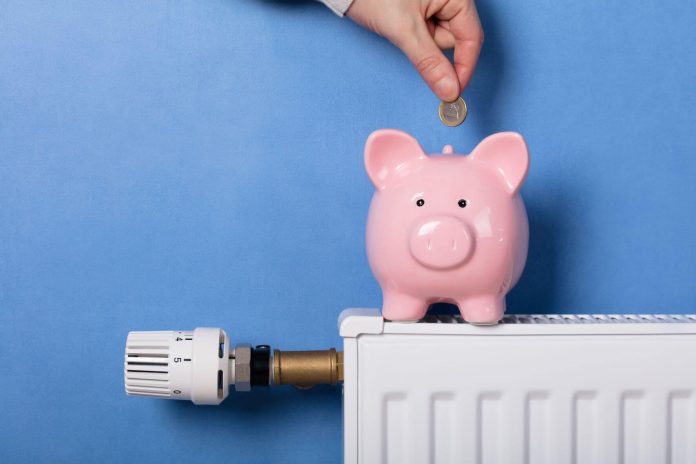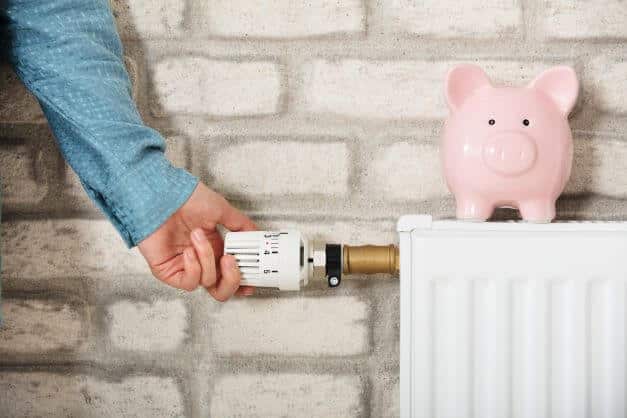
Last Updated on 6th January 2023
For all UK residents, it has been impossible to ignore the country’s current cost-of-living crisis which has been steadily worsening throughout 2022. We are facing almost daily news updates covering everything from the increased cost of consumer goods to drastically rising energy bills, and the UK’s rate of inflation is at a 40-year high and set to climb higher in the new year.
Concern over keeping pace with rising prices has meant a gloomy start to autumn as homeowners worry about turning on lights and switching on the heating to combat the days getting shorter and colder as we move into November. Over 70% of adults living in the UK are making a concerted effort to reduce their energy use, while almost a quarter of homeowners are planning to ‘do without’ heating this winter, relying on clothing and blankets to stay warm.
Although the motives behind this course of action are understandable in the current climate, keeping the heating switched off entirely is not good for the health of you or your home. Rather than denying yourself the necessity of warmth this winter, employ these ways to minimise your home energy bills which are effective without compromising your essential needs.

Upgrade your home heating system
It may seem non-sensical to make investments during a cost-of-living crisis but upgrading your home heating system is the most effective way to reduce your overall energy use and save money in the long-run.
There are many modern heating systems which improve energy efficiency for homeowners by lowering or removing the reliance on gas, such as air source heat pumps or solar panels which utilise natural resources to generate heat. These can be fairly expensive to install but are a worthwhile investment if you have the funds, particularly given the government’s drive to have net zero carbon emissions by 2050.
If this new technology is financially out of reach for the time being, there are more simple steps you can take to upgrade your home heating system. Even a simple service on your existing boiler, or replacing it with a newer model, goes a long way to reducing your gas usage. Don’t forget to bleed your radiators regularly as well to ensure that the hot water is being circulated properly.
Prevent heat from escaping
Another crucial factor to consider is how to make sure that the energy you use is kept within the home. There is no point suffering the financial and environmental cost of turning your heating on if the warmth is just going to escape rather than heat your home.
Ensure that your property is as well-insulated as possible. Check that your attic space is protected with layers of suitable material to prevent heat leaking out through the roof and improve the glazing on your windows. You can also insulate your pipes to avoid losing energy there. Even simple draught-proofing on your doorways and around windows can go a long way to keeping your home toasty for longer.

Reduce energy use with easy switches
If serious home renovation is not an option this year, you can make significant savings simply by making easy switches in your behaviour. For example, take showers rather than baths where possible and keep your showers short. You can also make use of the facilities at your gym or office if that option is available to you.
Similarly, be frugal with how you use your home appliances. Wash your clothes on a lower setting and try to save up laundry to ensure you do a full load each time. Air dryers are a great alternative to tumble dryers which use a lot of energy.
You could also take steps to lessen your electricity usage day-to-day. Why not switch out your lightbulbs for eco-friendly versions which use less energy, or fit dimmer switches in your main leisure rooms to reduce how much electricity you use in the evenings? It is also a good idea to avoid devices being left on stand-by which uses more electricity than you might think – completely unnecessarily.
Last but not least, simply turn down the thermostat and turn off any non-essential lights. Small steps will lead to big savings in the long-run and will help you to avoid any drastic decisions this winter.

































